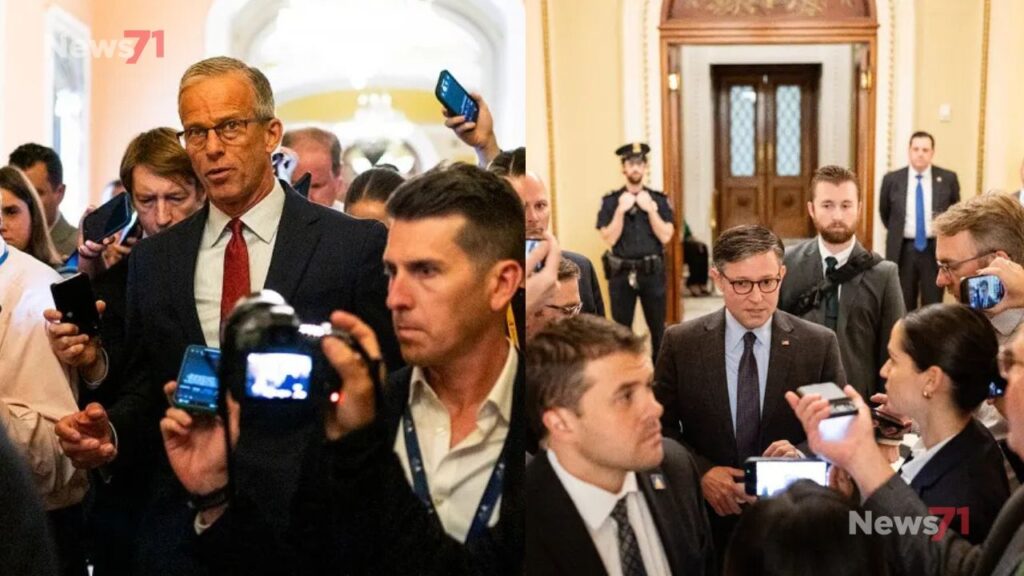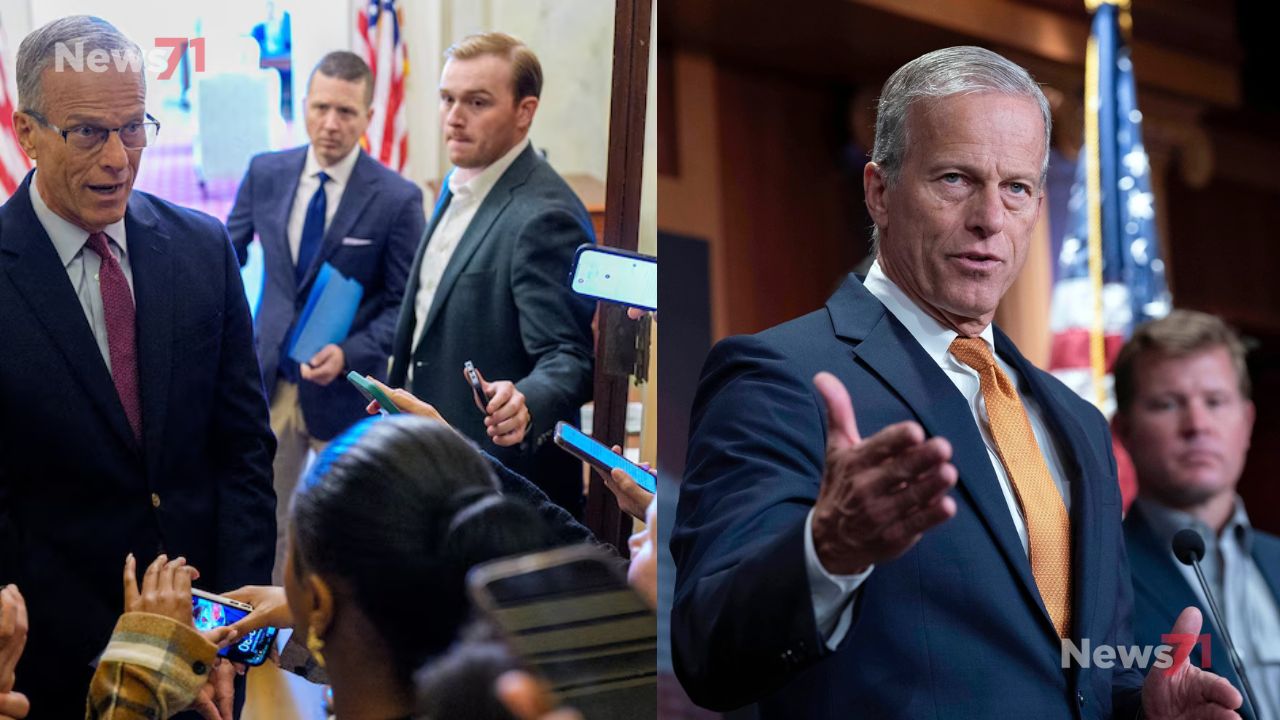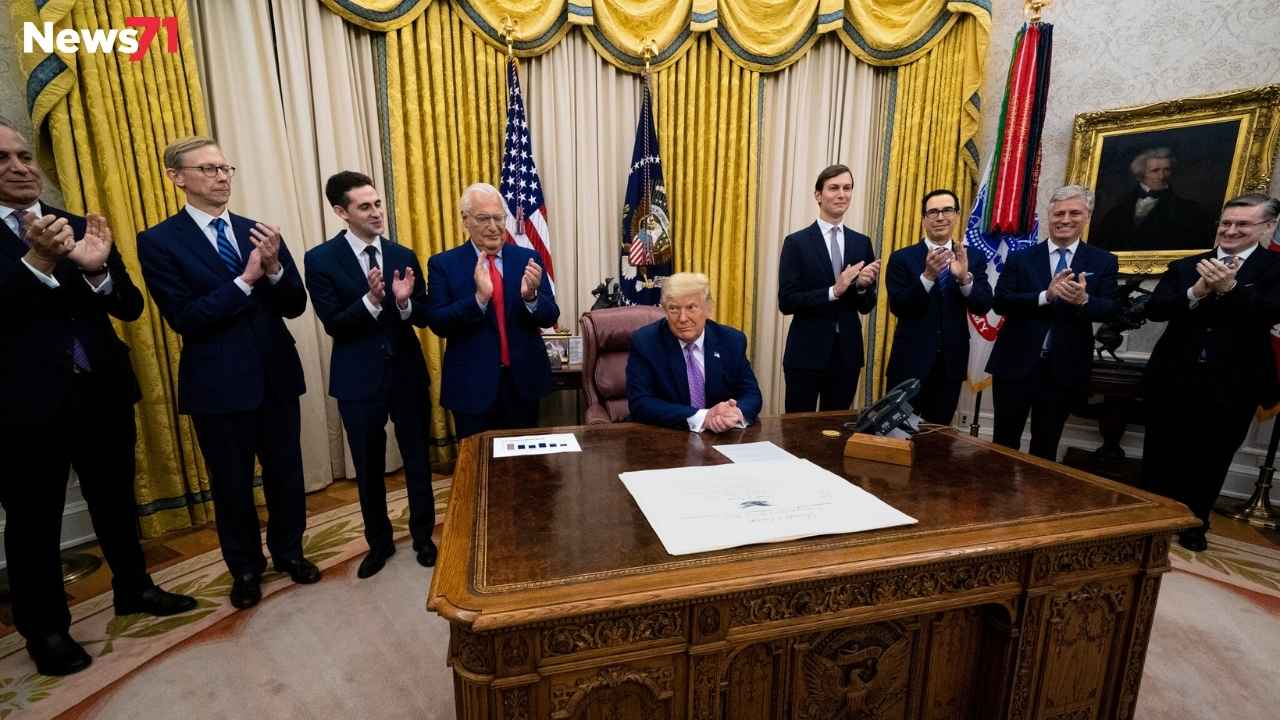The deadlock over ending the ongoing US shutdown deepened on Wednesday as senators once again failed to pass competing bills to restore government funding. Both Democrats and Republicans remain entrenched in their demands, leaving the federal government largely paralyzed and millions of Americans feeling the effects. The funding lapse has forced offices, national parks, and other government agencies to close or severely limit operations. Thousands of federal workers have been furloughed, while others continue working without pay. Signs of strain are increasing across the country, with staffing shortages reported at airports and air traffic control centers. If the shutdown continues into next week, US military personnel and other essential employees may also miss their paychecks.
When the Senate met on Wednesday afternoon, it was clear that no progress had been made. For the sixth time since the shutdown began, both Democratic and Republican funding proposals failed to secure enough votes to move forward. No senators changed their positions, underscoring the deep divisions that have kept the government closed. Democrats are demanding that any funding measure include provisions related to healthcare, such as extending premium tax credits for Affordable Care Act (ACA) plans. These credits are set to expire at the end of the year, which could result in higher insurance costs for nearly 20 million Americans if not renewed. Republicans, led by Donald Trump, are urging Democrats to accept a short-term funding proposal that would keep the government open only through November 21.Tensions rose further after the White House Office of Management and Budget released a memo suggesting that federal employees may not be entitled to back pay once the shutdown ends, despite a 2019 law guaranteeing it. House Speaker Mike Johnson dismissed that claim, saying at a press conference, I think it is statutory law that federal employees be paid. And that is my position. I think they should be.
US Shutdown Deepens as Senate Rejects Funding Bills and Parties Refuse to Compromise

Both parties otherwise remain unmoved. The House of Representatives passed the GOP’s bill along party lines last month, and Speaker Johnson has kept the chamber out of session to pressure Senate Democrats into approving it. Johnson accused Senate Majority Leader Chuck Schumer of resisting the Republican proposal due to pressure from what he called the Marxist flank within his party, claiming Schumer fears a primary challenge from the far left. Schumer, speaking on the Senate floor, criticized Republicans for refusing to negotiate on healthcare-related provisions. We can do both: fix healthcare and reopen the government. This is not an either-or thing, which Republicans are making it, he said.
While both parties’ lawmakers appear largely united, there has been limited dissent within Republican ranks. Far-right congresswoman Marjorie Taylor Greene broke with her party earlier this week, calling for talks on extending the tax credits. Virginia Republican Jen Kiggans has also proposed a one-year extension of the ACA credits, a plan that some view as a potential compromise. However, House Democratic Leader Hakeem Jeffries rejected the idea, calling it a nonstarter, arguing it came from lawmakers who just permanently extended massive tax breaks for their billionaire donors. With neither side showing signs of compromise, the US shutdown appears far from over, raising fears of further economic disruption and hardship for millions of Americans.






